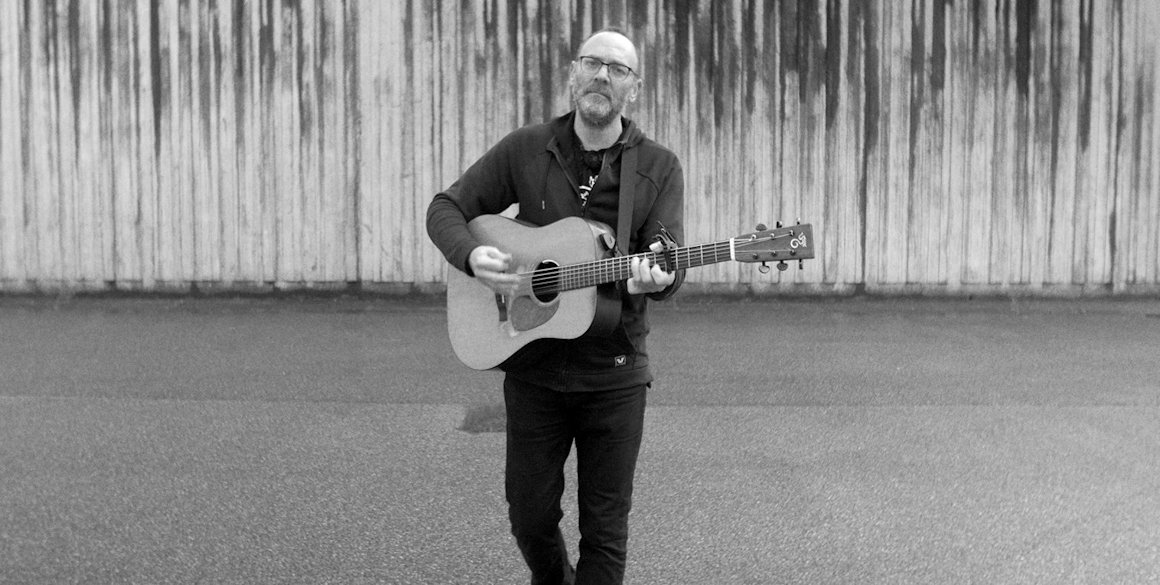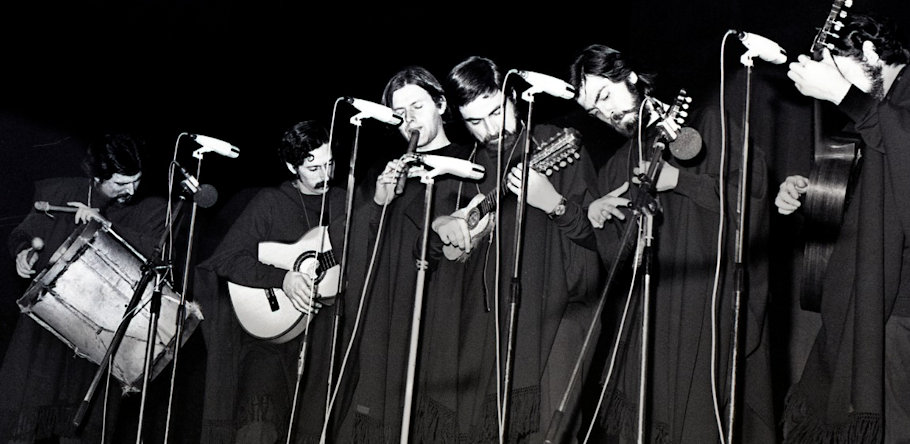Most Likely Only Rock & Roll
More than 500,000 people attended a free Rolling Stones concert at Havana’s Ciudad Deportiva on March 25th. By all accounts the Stones, who had just concluded a tour of South America, were in good form during their 2-hour 20-minute set. Canadian musicologist Rob Bowman was there, and found the band inspired by the occasion, both in their playing and in their warm interaction with the audience. At one point Mick Jagger, speaking in Spanish, said “We know that years ago it was difficult to listen to our music in Cuba, but now we are here in your beautiful land. I think that finally the times are changing.” Despite some post-concert mainstream media spin, that was as political as things got. As for the Cubans, “they were clearly very proud of their country”, reported Bowman, who notes that he received many expressions of gratitude towards Canadians who have visited and supported Cuba over the years. Lawyer Gregory Elias, who funded the concert through his charitable trust Fundashon Bon Intenshon, said the fact that the concert took place on the same week as President Obama’s visit was a coincidence. He told the Miami Herald that he’d learned last fall about the band’s upcoming tour of South America and knew that Cuba was searching for cultural exchanges. He simply approached the band and tweaked their interest. Cuba does not have the capacity to produce a large-scale rock concert, so while the Stones agreed to play for free, his foundation offered to pick up the $7 million tab. Everything “from light towers to bottled water” was flown or shipped in. The Stones came with a crew of 350 and 60 shipping containers of gear. Elias says he hopes to pay the bills with the sale of a DVD, tentatively titled “Concert for Amity”. It seems that the Rolling Stones were as happy to perform in one of the world’s great musical countries, as Cubans were to see them. Read Rob Bowman’s report at www.sessionsx.com.
Valentina Lisitsa Returns to Toronto
Renowned Ukrainian-American concert pianist Valentina Lisitsa returned to Toronto on April 10th for a concert at the Royal Conservatory of Music’s prestigious Koerner Hall. In April 2015 the Toronto Symphony Orchestra bowed to pressure from right-wing Ukrainian groups and cancelled her scheduled concert because the pianist had dared to criticize the fascist-inspired regime that seized power in a 2014 coup and made war on its Russian-speaking minority. Music critic Arthur Kaptainis concluded a glowing review in the National Post with criticism of the RCM’s statement in the printed program: “It is hard to congratulate the Royal Conservatory of Music for presenting this artist in view of the inclusion in the printed program of a gratuitous disclaimer drawing attention once again to her views on Ukrainian politics and how she expressed them.” The unprecedented disclaimer, signed by RCM Chair Michael Foulkes and President Peter Simon, smugly congratulates the RCM for allowing Lisitsa’s “free speech”, while accusing her of seeking to “denigrate, humiliate, and insult the people of a nation”. The artist let her fingers do the talking with a program of works by Russian masters Scriabin, Tchaikovsky, and Rachmaninoff, performed with, in the words of Kaptainis “daunting technique, vast tonal palette, and all-round panache”.
Springsteen Fights Anti-LGBT law
”Some things are more important than a rock show”, wrote Bruce Springsteen after cancelling an April 10th concert in Greensboro, North Carolina to show solidarity with protests against the state’s recently-passed Public Facilities Privacy and Security Act. The law extinguishes the right of LGBT citizens to sue when their human rights are violated in the workplace, and dictates which bathrooms transgendered persons can use. Springsteen called the law “an attempt by people, who cannot stand the progress our country has made in recognizing the human rights of all of our citizens, to overturn that progress”. His long-time E-Street Band guitarist, Stephen Van Zandt, had some choice words of his own. “This sort of thing is spreading like an evil virus across the country,” he said, adding that it is “anti-American” to discriminate against people. Given that Springsteen’s concerts are usually sold-out and the Greensboro Coliseum seats 22,000, the cancellation is likely to have a stinging effect on this city of 280,000. While ticket buyers received a full-refund and “deepest apologies” from the singer, Greensboro’s Republican House Representative Mark Walker called Springsteen a “bully”.
“It cannot be louder than war, can it?”
The Rolling Stones concert in Havana on March 25th was not the first visiting rock concert in Cuba. That distinction belongs to the U.K. band Manic Street Preachers. In 2001 the band performed at Havana’s Karl Marx Theatre. Seated in the front row was none other than Fidel Castro. Asked for a comment afterwards Fidel replied “it cannot be louder than war, can it?”



